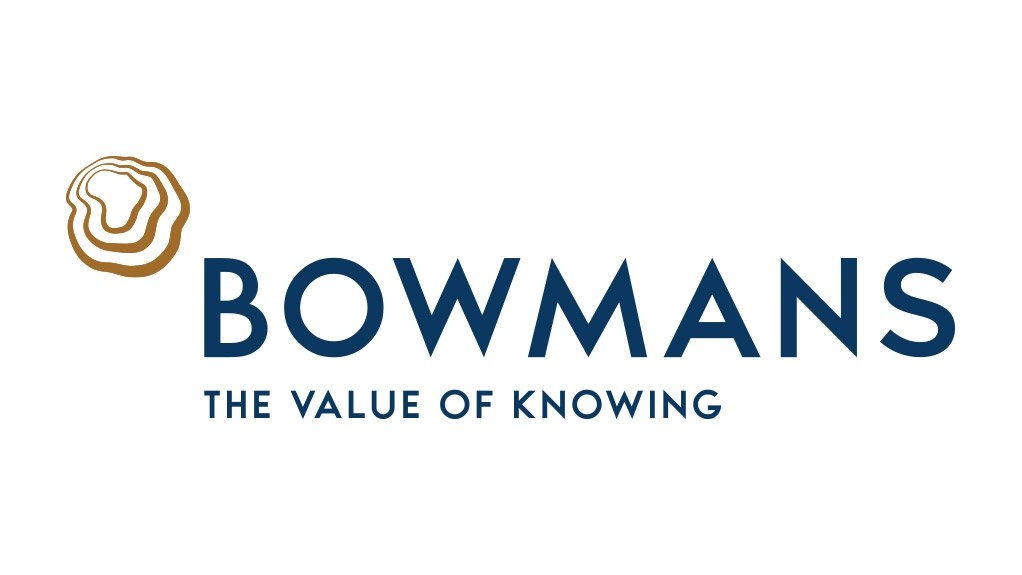On 21 October 2024, the draft Petroleum Products Bill (Bill) was published in the Government Gazette in South Africa. The draft Bill will regulate the downstream petroleum industry and introduce new licencing and regulatory frameworks intended to improve South Africa’s energy security and diversify the country’s energy mix. According to a cabinet statement, the new Bill aims to facilitate the introduction of more modern, cleaner energy products and renewable components that emphasise the environmental impact of energy products. The Bill will also address numerous concerns regarding the current administration of the Petroleum Products Amendment Act (Act No. 58 of 2003), which will eventually be repealed.
Notably, the Bill will also assist in overseeing the petroleum sector’s contribution to economic transformation, job creation and the facilitation of broader representation in the sector.
There have been no indications to date that the new B-BBEE provisions will diverge significantly from the current regime under the Liquid Fuels Charter, which requires a 25+1% black shareholding for licence holders and a 51% black shareholding for the import of petroleum products. There may, however, be reservation by the Minister of specific classes of licences for majority black-owned companies in future.
Environmental standards
The Bill also addresses environmental sustainability, with new measures introduced that will compel businesses in the sector to implement practices that minimise environmental impact and align with global and local environmental standards.
One of the ways in which the Bill seeks to ensure environmental sustainability is through the introduction of new licensing and compliance provisions that will regulate the way in which LPGs, such as butane and propane, are classified. The new regulatory framework will also address environmental and safety measures and stricter controls around the handling, storage and distribution of LPGs. Businesses operating in the sector will be required to implement environmental management practices to reduce emissions and prevent leaks.
South Africa’s LPG sector is set for a boom thanks to rising energy prices, the construction of new distribution hubs and a shift towards cleaner energy sources. According to Argus, which analyses data in the global energy and commodities market, global gas consumption rose to half a billion metric tons in 2024 from 425 000 last year. As such, many businesses are expected to be affected by these new provisions.
State oil company
The Bill also supports the establishment of a state oil company to manage South Africa’s petroleum resources more effectively.
South Africa’s new National Petroleum Company aims to boost consolidation in the sector and a shift towards a more streamlined process. The SANPC will manage and oversee South Africa’s petroleum resources, consolidating the Central Energy Fund, iGas, PetroSA, and the Strategic Fuel Fund (SFF). This should lead to more efficiency in projects and better oversight of the country’s oil and gas resources.
A streamlined legal and regulatory framework in the petroleum sector will be more attractive to investors, offering clearer and more efficient processes for investing and compliance. The focus on economic empowerment and environmental sustainability aligns with the South African Government’s strong emphasis on these issues. However, it remains to be seen whether the sector’s stakeholders will practically be able to implement the proposed framework in such a way that concrete benefits are realised. Public input into the draft Bill must be received by 20 December 2024.
Written by Claire Tucker, Head of Public Law and Regulatory, and Dirk Wessels, Partner, Bowmans South Africa
EMAIL THIS ARTICLE SAVE THIS ARTICLE ARTICLE ENQUIRY
To subscribe email subscriptions@creamermedia.co.za or click here
To advertise email advertising@creamermedia.co.za or click here











